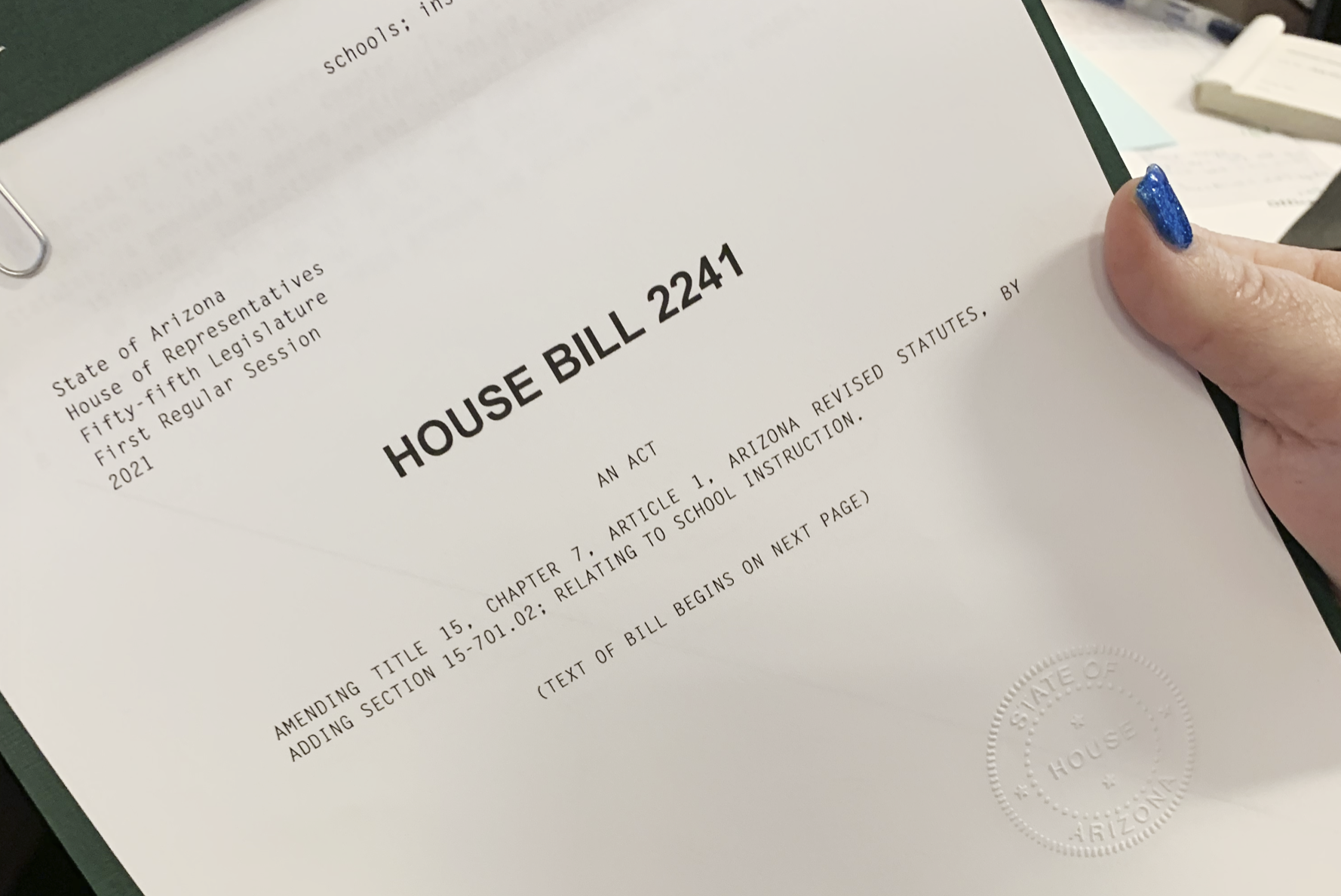By Nathan Brown Arizona Capitol Times
Two lawsuits seeking to overturn multiple controversial provisions of this year’s state budget could have big implications for how lawmakers write budgets in the future – if the plaintiffs’ arguments prevail.
“The Legislature has been pushing the envelope for years, and this time they have gone too far,” Roopali Desai, who is representing the plaintiffs in a challenge to several budget bills, wrote in a court filing this week. “They buried substantive policies in the budget with no adequate notice to the public, and filed a ‘budget procedures’ bill with multiple, unrelated subjects. The constitution doesn’t allow that.”
The Arizona Constitution says “every act shall embrace but one subject and matters properly connected therewith, which subject shall be expressed in the title; but if any subject shall be embraced in an act which shall not be expressed in the title, such act shall be void only as to so much thereof as shall not be embraced in the title.” This is commonly called the “single-subject rule,” and Desai is arguing the Legislature violated it by adding to budget bills measures such as limits on schools’ and local governments’ power to enact Covid-related restrictions, including mask and vaccine mandates.
However, whether it ends up being ruled constitutional or not, the practice of including policy in budget reconciliation bills is nothing new.
“We’ve had these types of provisions in legislation for a very long time, decades at this point,” said House Majority Leader Ben Toma, R-Peoria. “If the court does choose to interfere, I think they’d be perhaps on a slippery slope, or at least nowhere near consistent, which has its own challenges.”








